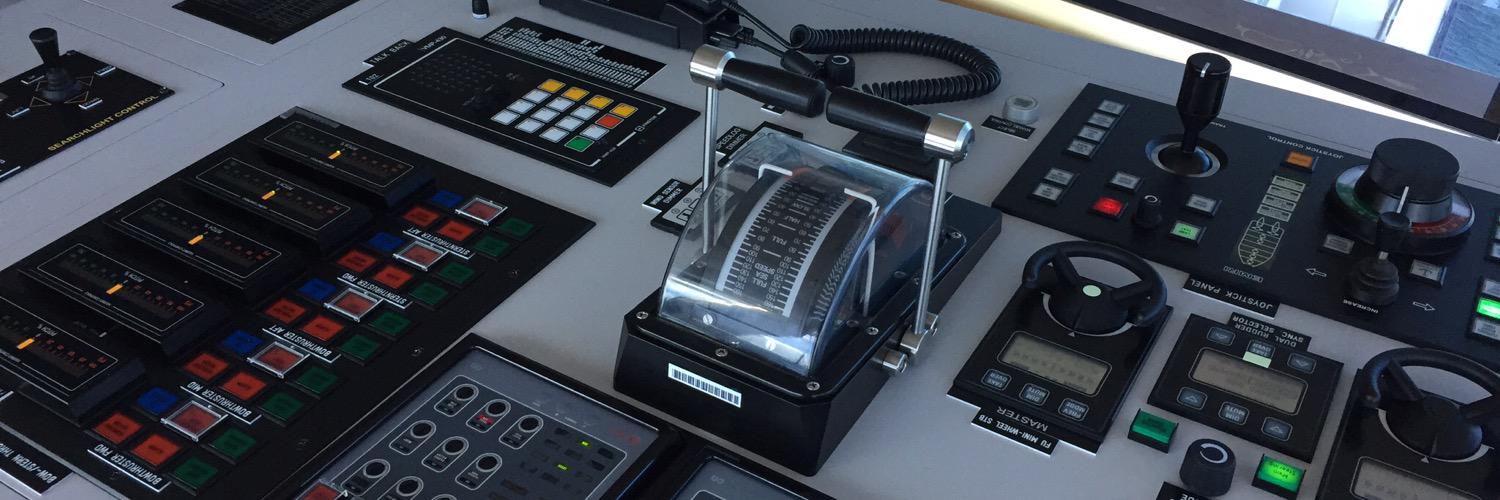My dad always dreamed I would follow his footsteps and become a land surveyor and civil engineer. In my teens, I worked summers as a surveyor. It was hot, dusty and grueling work. I was fascinated at how you could use science, geometry, a transit and a level to convert a cow pasture into a residential or commercial subdivision, but I was enamored with computers more. I decided to pursue a computer science degree. After college, I started freelancing. I wrote business management software for retail and mail order companies. I installed networks, set up file servers, and developed control software for a local glass factory. I loved working with people and enjoyed seeing technology help solve business problems. I was having a blast! Ironically, my next client would help fulfill my dad’s dream.
My dad’s engineering firm needed to “computerize” to stay relevant in the market. Their manual design work, drafting and surveying was being displaced by modern firms using computer aided design. They needed help. I was hired to computerize the business. I purchased AutoCAD and began writing software to automate the tedious calculations for hydrology, earthworks, structural analysis and coordinate geometry. All the drawings were manual so I started working with the drafting team to convert them to digital. We were making great progress getting new projects into the computerize workflow. Then I hit a snag.
“Keep that @#$% computer away from my projects!” One of the founding engineers was less enthusiastic about all this new technology. His team was instructed to avoid me and stay the course on their manual processes. I was shocked! I hadn’t anticipated this reaction. Why wouldn’t everyone want this technological magic? I was faced with one of the great leadership lessons in life. People resist change. We are habitual. We avoid risk by default, especially if the change isn’t something we understand or control. I started this transformation expecting that the hardest job would be all the lines of code, integration of new software and systems, but I soon discovered that the biggest tasks was going to be onboarding my fellow humans. How should I respond? I could enlist the edict approach. After all, I happened to know the boss. But I knew that wouldn’t create the culture or environment that would lead to our long term success.
I set my target on being as successful as possible with the teams that were onboard with the transition. They were excited and enthusiastic about what we were doing. It was hard work and required some iterations, but finally all the calculations were being made by the computer. To be fair, for the first projects, it took a little longer than the manual path. Our skeptical engineer was quick to call that to our attention. We printed our results and submitted them for review at the city. A new requirement hit from the land owner and the city council. A complete design change was needed, an effort that would have taken months. The skeptical engineer laughed at first, but what happened next changed everything. Because it was digital, we only needed to edit the code and have the system recompute the models. In less than a week, we resubmitted and received approval. We moved on to construction.
“How on earth did you do that?!” the skeptical engineer was shocked. We patiently explained what it took. We were honest about some of the difficult bits and listened intently to any of the concerns or questions that were raised. The team that had been through the transformation was elated with the results and their enthusiasm was contagious. Soon, the once skeptical engineer, still being terse and grumpy, demanded, “How soon can you get all my projects in that @#% thing?”
The engineer who was skeptical not only acquiesced to using the new technology, but he and his team became the biggest users and supporters of the systems we built. They were delivering two times more projects than everyone else. He went from blocker to champion.
This taught me a valuable lesson that has stayed with me throughout my career. As technologists, we amplify the business by introducing new ways to deliver value. We automate. We code. We transform. We create faster ways to get things done. But in all of that, we can’t forget that the most important role we play is bringing our fellow humans along for the journey. Sometimes that even includes that fellow human looking back at us in the mirror. Change is hard. Change without people is impossible. With patience, empathy and determination, we can enlist the hearts and minds of our fellow human beings and help unlock the unlimited potential before us.

